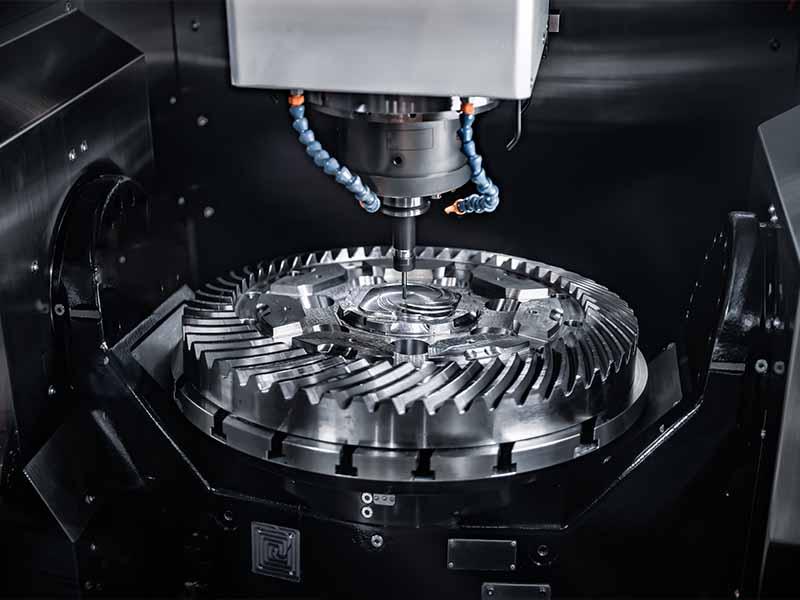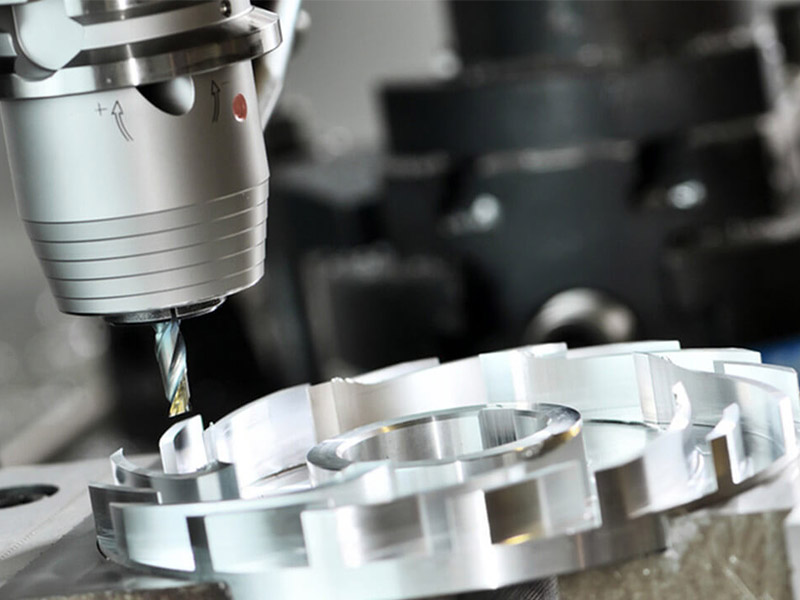CNC Machining Services: The Backbone of Modern Precision Manufacturing
CNC Machining Services: The Backbone of Modern Precision Manufacturing
Blog Article
CNC machining is among the most transformative technologies in contemporary manufacturing. It has fundamentally changed how manufacturing companies produce components and pieces and components, delivering a level of high-quality, speed and flexibility that's unmatched by traditional methods. CNC machining uses computerized controls and machines to carry out various jobs like cutting, drilling, milling and grinding on a variety of materials, from metals and plastics to wood and composites. Automating manufacturing processes, CNC machining eliminates many of the errors and inconsistencies related to manual operation. This results in a machine that can produce highly precise parts at faster speeds and with greater consistency, spurring innovation in all industries, from aerospace to consumer electronics.
In the core of CNC machine is the capability to convert digital models into physical parts. Using computer-aided design (CAD) software developers and engineers can design detailed 3D models of the intended part. This digital design is then transferred into precise instructions or "G-code," which the CNC machine uses to execute operations like cutting, drilling and milling. The digital control system allows for the most precise of operations that manual machine machining can't achieve. Also, when a design has been programmed into the machine, it will repeat precisely, creating identical components in huge quantities without needing manual adjustments. It is crucial to have this repeatability in the industries where precision and consistent production are important.
One of the major advantages of CNC machine is the flexibility to work with a vast spectrum of substances. Whether manufacturers are dealing with hard metals like steel and titanium, or soft materials such as wood or plastic CNC machines can be modified to perform a variety of work-related tasks, including shaping and cutting. This is what makes CNC machining suitable for producing components in a range of industries such as medical devices, aerospace components to automobile parts and consumer electronics. Being able to process complex geometries that require precision tolerances has made CNC machining the go-to process for producing intricate parts that would be difficult to, if not impossible to produce using traditional methods.
The other major benefit of CNC machining is its effectiveness. With the help of automation, machining, manufacturers can significantly reduce the amount of time needed to create parts. This leads to faster cycles of production and reduced costs. As CNC machines work 24/7 with minimal human supervision it is possible to increase production but without degrading quality. Automation also lowers the possibility of human error by ensuring that every component produced is to exactly the specifications specified in the digital design. Additionally, CNC machining allows for "lights-out" manufacturing, where machines continue to operate even after the workers leave, further boosting productivity and decreasing labor costs. To gather new information kindly head to www.premiumparts.com/services/cnc-machining
Apart from efficiency and speed, CNC machining is valued for its cost-effectiveness, especially when it comes to large-scale production runs. Once initial setup and programing of the machine have been completed, producing additional parts requires minimal input, reducing the overall cost of production. If you are a manufacturer working with costly materials like aerospace-grade alloys, CNC manufacturing reduces waste through making the cutting process more efficient, ensuring that each part is made with the least amount of material loss. Its precision and efficacy makes CNC the ideal tool for prototyping as well as full-scale production, as it allows makers to swiftly test and iterate on designs as well as keep costs of production in check.
The negative environmental impacts of CNC machining is another aspect worth taking into consideration. Although traditional methods of manufacturing typically produce a large amount of waste, CNC machines are known as efficient in their use of materials. Through precise cutting and shaping material, CNC machining minimizes waste which reduces the material cost and environmental footprint. In addition, automation in CNC machines reduces energy consumption when compared with manual processes. Modern CNC machines are also designed to be sustainable, using energy-efficient motors and systems to reduce their carbon footprint. This makes CNC machineries an eco-friendly choice for companies looking for ways to decrease waste and conserving resources.